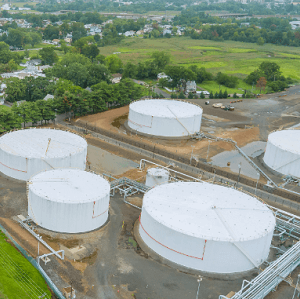A recent study published in BMC Infectious Diseases reveals significant racial and ethnic disparities in tuberculosis (TB) incidence linked to specific components of fine particulate matter (PM2.5) across the United States. The research analyzed data from 2000 to 2019, focusing on the impact of 15 PM2.5 constituents and their sources on TB rates among different racial and ethnic groups.
Findings indicate that Hispanic populations experienced a notably higher incidence of TB associated with exposure to certain PM2.5 components. For instance, an interquartile range increase in sulfate levels corresponded to an additional 4.10 TB cases per 100,000 individuals annually among Hispanics, compared to 1.25 cases per 100,000 among Whites. The study also identified oil combustion and motor vehicle traffic as significant sources of PM2.5 contributing to elevated TB rates in Hispanic and other racial/ethnic groups.
While the absolute disparity in PM2.5-attributable TB burden between Hispanic and White populations decreased over the study period, the relative disparity increased, highlighting persistent inequities. Sulfate was found to be the most influential PM2.5 constituent affecting TB incidence across all groups.
The study underscores the need for targeted public health interventions aimed at reducing air pollution from specific sources, particularly in communities disproportionately affected by TB. Addressing these environmental factors is crucial for narrowing health disparities and advancing TB elimination efforts in the U.S.
See: “Racial/ethnic disparities in tuberculosis incidence linked to PM 2.5 constituents and their sources in the United States, 2000 − 2019: a population-based study” (May 25, 2025)



